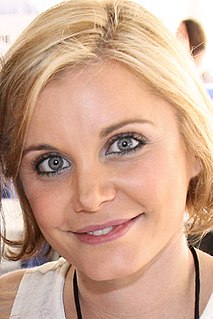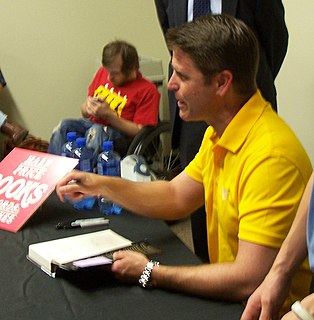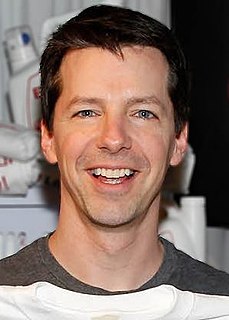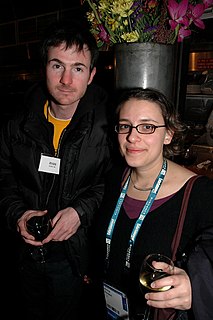A Quote by Anne Lamott
We want a sense that an important character, like a narrator, is reliable. We want to believe that a character is not playing ages or being coy or being manipulative, but is telling the truth to the best of his or her ability...We do not wish to be crudely manipulated...We want to be massaged by a masseur, not whapped by a carpet beater.
Related Quotes
Many times - especially when I'm playing an historical character - I want to be really on target with how I create that character and really nuanced with who that human being might be. But I don't want to lose the likeness of me or the depth of my own personality. So meditation and my spirituality has helped me to realize that, yes, I want to get out of the way but I also want the ability to hold on to what the audience likes of what they see of me.
This character matters so much to so many people. I want to get that right. I want to do it justice. I want people to believe in the character and have faith in the character and kids to grow up wanting to be Superman. Or, God forbid, there's people who are going through hardship and wishing that this character would turn up and save them.
Ezra clapped his hands. "all right," he said. "In addition to the books we're reading as a class, I want to do an extra side project on unreliable narrators." Devon Arliss raised her hand. "what does that mean?" Ezra strode around the room. "well, the narrator tells us the story in the book, right? But what if... the narrator isn't telling us the truth? Maybe he's telling us his skewed version of the story to get you on his side. Or to scare you. Or maybe he's crazy!
What interests me when I'm writing is being able to crawl into a character's head and speak from his or her mouth. It's not pulling the strings on a marionette, it's not playing ventriloquist, and it's not mimicry. It's about inhabiting a character, and, at the same time, being totally unaware of what you've become.
I must say Steven Spielberg was great to me, and I loved working with him. He called me up on the phone and was like, "I want you to be in this movie - 1941. There are a couple of parts. You can take whichever one you want. One of them is a main character who is involved in everything, and there's another character who has his own storyline and goes off on his own. He's probably the funnier, more unique character." I said, "Well let me do that second one."






































